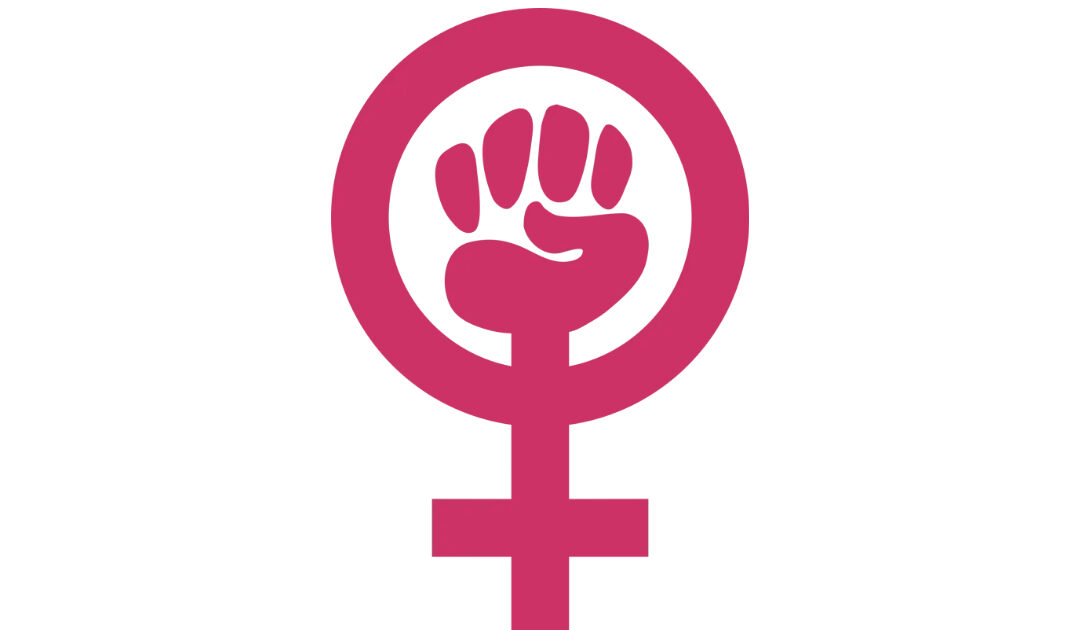“Like all Sciences and all valuations, the psychology of women hitherto has been considered only from the point of view of men.”
– Karen Horney.
Karen Horney coined the term Feminist Psychology, to focus on gender and how gender affected individuals. Her critique of Freud’s theories regarding ‘Penis Envy’ and several others resulted in this branch of psychology. It is a prominent fact that women were left out of Freud’s definition of mental health (the ability to love and to work) since women wanting jobs was attributed to a masculinity complex or envy of men. In 1969. The Association for Women in Psychology (AWP) was created in response to the American Psychological Association’s (APA) apparent lack of involvement in the Women’s Liberation Movement. Female psychologists believed that there was a glaring feminist issue within the field and in order to raise awareness the Association was created.
Historically psychological research has been done from a male perspective with the view that males are the norm. This branch mirrors the values of Feminism and endeavours understanding psychological concepts from an equal perspective of gender and societal structure. Now how does one study these concepts? Gender issues can include but are not limited to the way people identify their gender, how they have been affected by societal structures related to gender such as gender hierarchy, the role of gender in the individual’s life such as stereotypical gender roles, how the physical and mental development of genders differ along with any other gender-related issues. Just like Feminism this field puts emphasis on gender equality and women’s rights.
In the 70’s, as the women’s movement grew stronger and stronger the AWP demanded APA for more inclusivity with regards to gender issues and to enhance the studying of psychological concepts with an egalitarian approach. This resulted in the APA establishing the Committee on Women in Psychology (CWP) in 1973 which is currently known as the Society for the Psychology of Women (SPW). Other notable organizations in feminist psychology are the Psychology of Women Section of the British Psychological Society and the Section on Women and Psychology of the Canadian Psychological Association (Anderson & Martinez, 2014).
There were three important aspects that emerged out of feminism and psychology intertwining with each other:
- Feminist psychology began to explore the distinction between sex and gender. It attempted to understand how both concepts are flexible and do not strictly adhere to binaries.
- This area also focused its research on the ‘intersectionality’ of various identities like race, socio-economic class, disabilities, sexual orientation, ethnicity, educational status, and religious affiliations. Another important area covered within intersectionality was ‘compounded discrimination’ – a situation where a person suffers discrimination on the basis of two or more grounds at the same time and where one ground adds to discrimination on another ground.
- Last but not least, Feminist Therapy and Counseling emerged as a result of this movement. Feminist Therapy mainly emerged from three aspects of the women’s liberation movement in the 1960s: consciousness-raising groups, battered women’s shelters, and the antirape movement. Consciousness-raising (CR) groups were groups in which women met to discuss their experiences as women and analysed their experiences in terms of the patriarchal and oppressive society. The goal of CR groups, however, was societal transformation, not individual adjustment. Battered women’s shelters and the antirape movement also looked at male violence against women as major problems in society that supported violence against women (Evans et. al., 2005).
Psychology at its foundation has always been about understanding the thoughts, feelings and behaviours of an individual and the collective society. But, in the beginning, the male gender overpowered all and restricted the scope of Psychology to better the mental health of every individual. In today’s times, however, we should feel proud about how far we have come in the fight as Feminists within the field of Psychology and beyond. While in this article we explored the relationship between feminism and psychology, to better understand Feminism head-on to the article – How Accurately Do We Understand Feminism?
– Urveez Kakalia and Ferangiz Hozdar.

